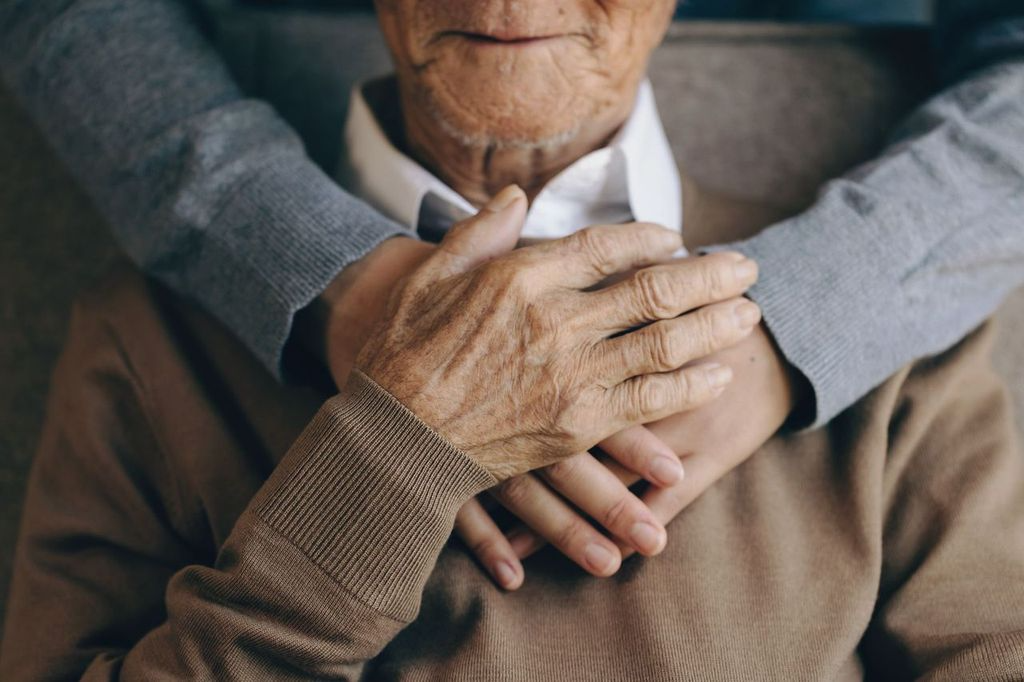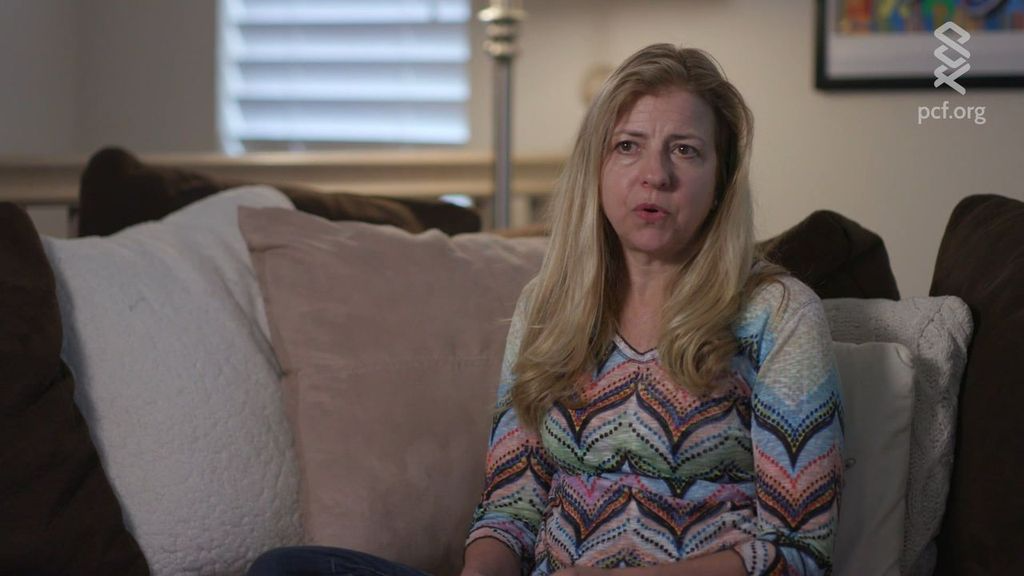Information for Caregivers and Care Advocates
Caring for a person who has prostate cancer is a challenging experience, especially for significant others, who may have to adjust to a new lifestyle with their partner. Here are some suggestions to help you through your experience and provide the best level of support, not only for your loved one, but for you as well.
Tips for Spouses, Partners, Caregivers, and Adult Children
- Agree on how you will make decisions
- Get ready for changes in routine
- Ask how treatments may affect moods, physical ability, and body functions
- Understand that changes can trigger emotions in both the patient and family members
- It is normal to experience loneliness and fear—seek out support groups for partners andcaregivers, in addition to encouraging the patient to attend a support group
- Learn about prostate cancer. Educating yourself can help minimize some of the unknowns about the disease and what you and your loved one may be facing
Look After Yourself
You can help your loved one most effectively if you also take care of yourself. Make sure you get enough sleep and maintain a healthy lifestyle. If you are overwhelmed emotionally, try talking things out with a close friend, or seek help from a mental health professional. Consider meditation, yoga, and listening to music to help you relax. Do what you can to maintain a positive attitude.
That said, try not to impose any expectations that the patient should have a positive attitude. Some research suggests that maintaining a sense of optimism or a “positive attitude” is not necessarily beneficial if that is not truly how the patient feels.
Tips for Managing Stress and Anxiety





